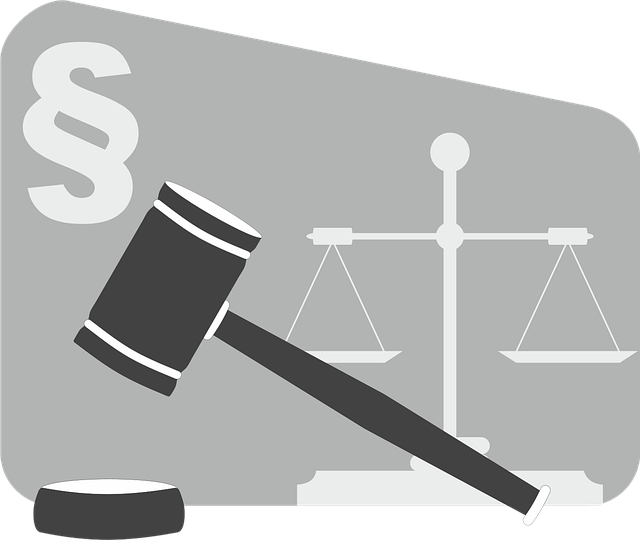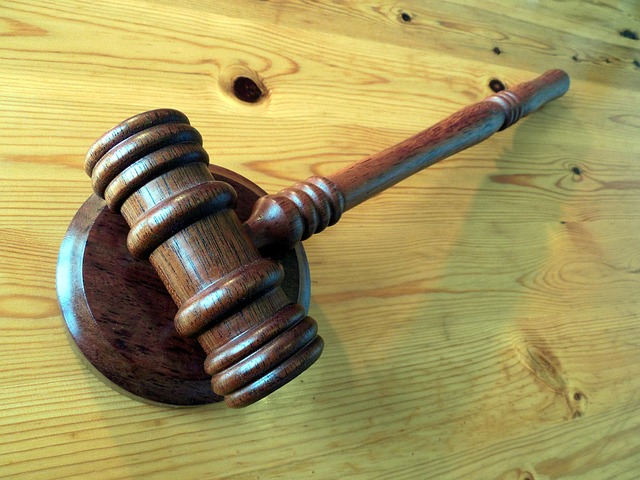Plea bargaining offers key advantages in criminal cases, including reduced sentences, efficient legal processes, and cost savings. By negotiating agreements, defendants secure lighter outcomes while prosecutors achieve timely resolutions. This benefits both parties, ensuring fairness and streamlining court resources, ultimately strengthening the criminal justice system.
In the complex landscape of criminal justice, understanding different litigation types is paramount. This article delves into the intricacies of plea bargaining, a pivotal strategy within the system. We explore how this process offers significant benefits, such as reduced sentences and time served, serving as a game-changer for both defendants and prosecutors. Through case studies, we illuminate successful plea bargain outcomes, underscoring its effectiveness in navigating the labyrinthine criminal justice process. Discover how plea bargaining can bring about resolutions that benefit all parties involved, with a special focus on the advantages it offers in criminal cases.
- Understanding Different Litigation Types
- The Role of Plea Bargaining in Criminal Justice
- Benefits: Reduced Sentences & Time Served
- Case Studies: Successful Plea Bargain Outcomes
Understanding Different Litigation Types

Understanding different litigation types is key to navigating legal complexities effectively. In criminal justice systems, for instance, various procedural paths exist, each with its own benefits and drawbacks. One such notable approach is plea bargaining. This strategy allows defendants to avoid indictment by entering into an agreement with prosecutors, often resulting in reduced charges or a lighter sentence. The benefits of plea bargaining are multifaceted: it conserves judicial resources, facilitates quicker resolutions, and can provide an unprecedented track record of successful cases for both parties.
Compared to lengthy jury trials, which can be costly and time-consuming, plea bargains offer a more streamlined process. This alternative approach not only expedites the legal system but also ensures that individuals can reach resolutions without the high-stakes pressure of a trial. While not ideal for every case or defendant, an understanding of these litigation types empowers stakeholders to make informed decisions, ensuring fairness and efficiency in the legal process.
The Role of Plea Bargaining in Criminal Justice

Plea bargaining plays a pivotal role in the criminal justice system, offering numerous benefits that contribute to an unprecedented track record of efficiency and fairness. This process allows both parties—prosecution and defense—to negotiate a mutually acceptable resolution without going through a full trial. By engaging in plea bargaining, defendants can avoid the stress and uncertainty of a trial, while prosecutors gain the flexibility to prioritize cases based on their severity and strength.
This strategy is particularly valuable throughout all stages of the investigative and enforcement process, from initial charges to sentencing. It enables legal professionals to achieve winning challenging defense verdicts without expending substantial time and resources. Moreover, plea bargaining can help reduce court congestion, ensuring a more prompt resolution for both victims and offenders, which ultimately strengthens the overall criminal justice system.
Benefits: Reduced Sentences & Time Served

Plea bargaining offers significant advantages for both defendants and the criminal justice system as a whole. One of the key benefits is the potential for reduced sentences and time served. In high-stakes cases, where the consequences are severe, plea bargains can provide an opportunity for individuals to achieve extraordinary results. By negotiating a plea deal, defendants can often secure lighter sentences or even avoid imprisonment altogether. This not only offers a chance at rehabilitation but also reduces the strain on respective businesses within the justice system, including prisons and courts.
The time saved through plea bargaining is substantial. It streamlines the legal process, which is particularly beneficial in complex cases where extensive evidence and witness testimonies are involved. This efficiency can lead to faster resolutions, ensuring that resources are allocated effectively. As a result, defendants may face less time behind bars, allowing them to return to their communities and respective businesses or personal lives with greater speed and minimal disruption.
Case Studies: Successful Plea Bargain Outcomes

Plea bargaining is a powerful tool in criminal justice, offering numerous advantages for both prosecutors and defendants. Case studies demonstrate that successful plea bargains can lead to mutually beneficial outcomes. For corporate and individual clients alike, this alternative to trial provides an opportunity to achieve complete dismissal of all charges, thereby avoiding the often lengthy and costly legal battles that trials entail.
Through strategic negotiations, plea bargaining allows parties to reach agreements that may result in reduced sentences or charges, ultimately achieving extraordinary results. This process not only saves time and money but also offers a sense of resolution for those involved. By carefully considering the specific circumstances of each case, plea bargains can facilitate a more efficient and just resolution, ensuring satisfaction for both sides.
Plea bargaining, a crucial aspect of criminal justice, offers significant benefits, including reduced sentences and shorter time served. By understanding different litigation types and the role of plea bargaining, both legal professionals and individuals facing charges can make more informed decisions. Successful case studies demonstrate that plea bargaining can lead to mutually beneficial outcomes, streamlining judicial processes while ensuring fair resolutions for all parties involved. Embracing these strategies is essential in navigating the complexities of criminal cases and fostering a more efficient legal system.






